
Anglers Against Litter
AAP Supporter Spotlight: Gary Clayton
A massive thank you to Angling Trust Voluntary Bailiff Service (VBS) Officers David Wilkins, Janusz Kansik and Nino Brancato, and VBS volunteer Gary Clayton, who all took part in a litter pick at Sandford Lock on the Thames this month! We spoke to Gary Clayton about why he feels it’s important to support Anglers Against Pollution and protect our waterways.
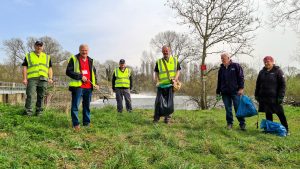
Thanks for getting on the riverbank to help fight pollution! What were your motivations for supporting Anglers Against Pollution and doing your own litter pick?
I have always loved fishing, and particularly being beside the river. I hate seeing how much such a beautiful area is being abused. Anglers were always being targeted for leaving rubbish, which I believe is untrue, and they needed a voice and the Angling trust provides that platform. My own solution was simply to collect rubbish while walking as a water keeper, and I can report that members of the general public generate almost all the rubbish.
Why is the message of Anglers Against Pollution important to you?
As a water keeper I walk the river almost daily. Anglers are possibly closer to the river than any other river users. We sit and stand beside the water for hours on end. We see the changes in the pattern of the waters, the fish, the wildlife and the weather. We can be the eyes and ears of the river, so we can be its voice too. We can see the sewage floating past, we can count the fish stocks, we can see the birds coming and going. We know how the nitrates effect the weed growth, along with the changing weather.
What did you find on your litter pick?
I find almost every kind of human generated rubbish imaginable. A half set of dentures was the most bizarre so far. Mostly the river transports millions of plastic bottles, tennis balls lost by hundreds of dogs, and boat bits of all kinds. The latest and most disgusting problem is small plastic bags full of dog excrement. “Why, oh why, do dog owners not deal with this responsibly?!”, I have to ask myself, and it’s an almost impossible item to collect from the river stuck in the weeds and reeds. During the times of pandemic, the river and banks are covered in plastic bottles which walkers and runners find it appropriate to toss away, and cans, bottles and disposable BBQs from picnickers too. This cannot be the way to threat our countryside.
What plans do you have to continue your support for the campaign?
I have to accept that I am just one voice, but I try and maintain contact with all the authorities concerned with river management however soul destroying that may be. I try and keep everyone informed of the changes – my neighbours, all the local anglers, our local councillors, any basically any one else who will listen and take interest.
I try to explain our planet is mostly water, and so are we – the water sustains us. We need to drink, and our water comes from the river, the land needs to be irrigated too, and the fish and water side animals need a habitat. Mostly I find myself photographing the pollution, getting friends to take pictures from a drone, making phone calls to report the damage from the sewage, and trying to get that monitored. I really appreciate the support from the Angling Trust when it is difficult to find anyone to hear me.
Why do you think people should sign the Anglers Against Pollution petition?
We only have one planet which we are destroying. Anglers are in the perfect position to monitor our rivers. At least let’s all sign the petition, together we can make our voice more powerful.
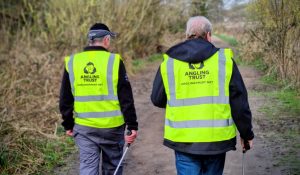
HOW CAN YOU SUPPORT ANGLERS AGAINST POLLUTION?
It is vital we keep the pressure on the Government to improve the management, monitoring and enforcement of our waterways for the future of our fish and fishing. You can back Anglers Against Pollution by signing our petition today and wearing your t-shirt with pride.
Want to be featured on our Supporter Spotlight? Tag us in your posts on social media and use the hashtag #anglersagainstpollution. You can also email our campaigns officer Hannah Rudd at [email protected] with a brief description of your work and high resolution photographs of the event.
You might also like
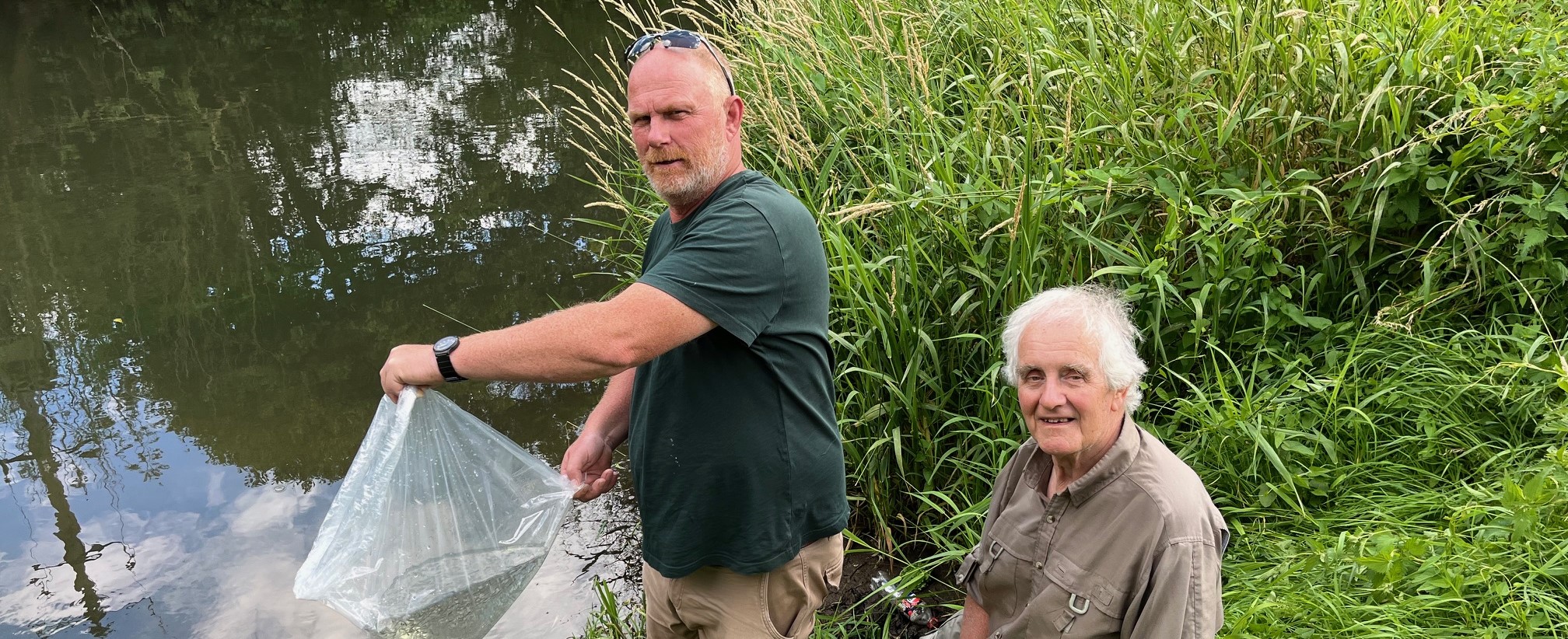
New Kennet Hatchery Releases First Reared Fish
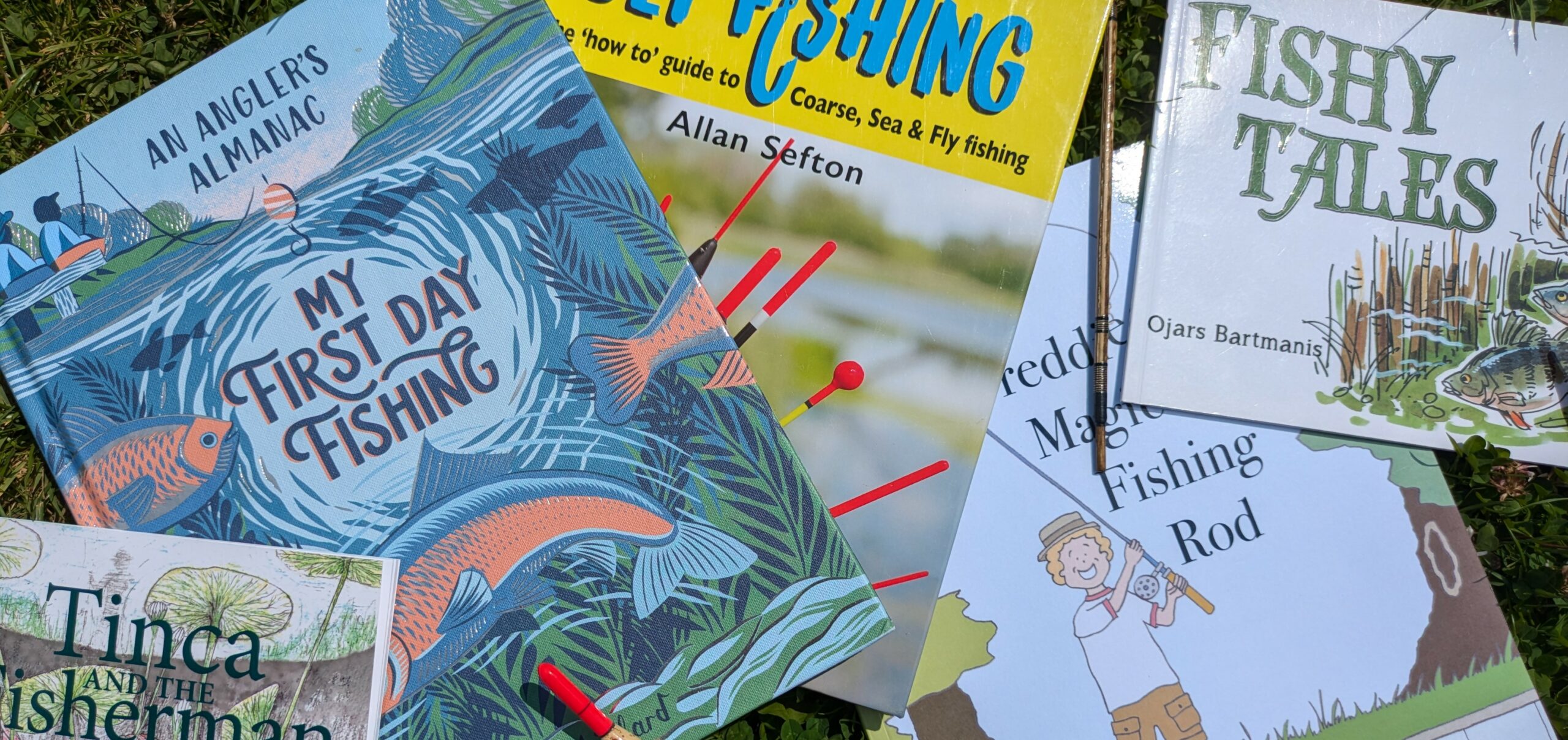
Fishing Books for Kids

UK Recreational Catch-and-Release Bluefin Tuna: A step closer to…
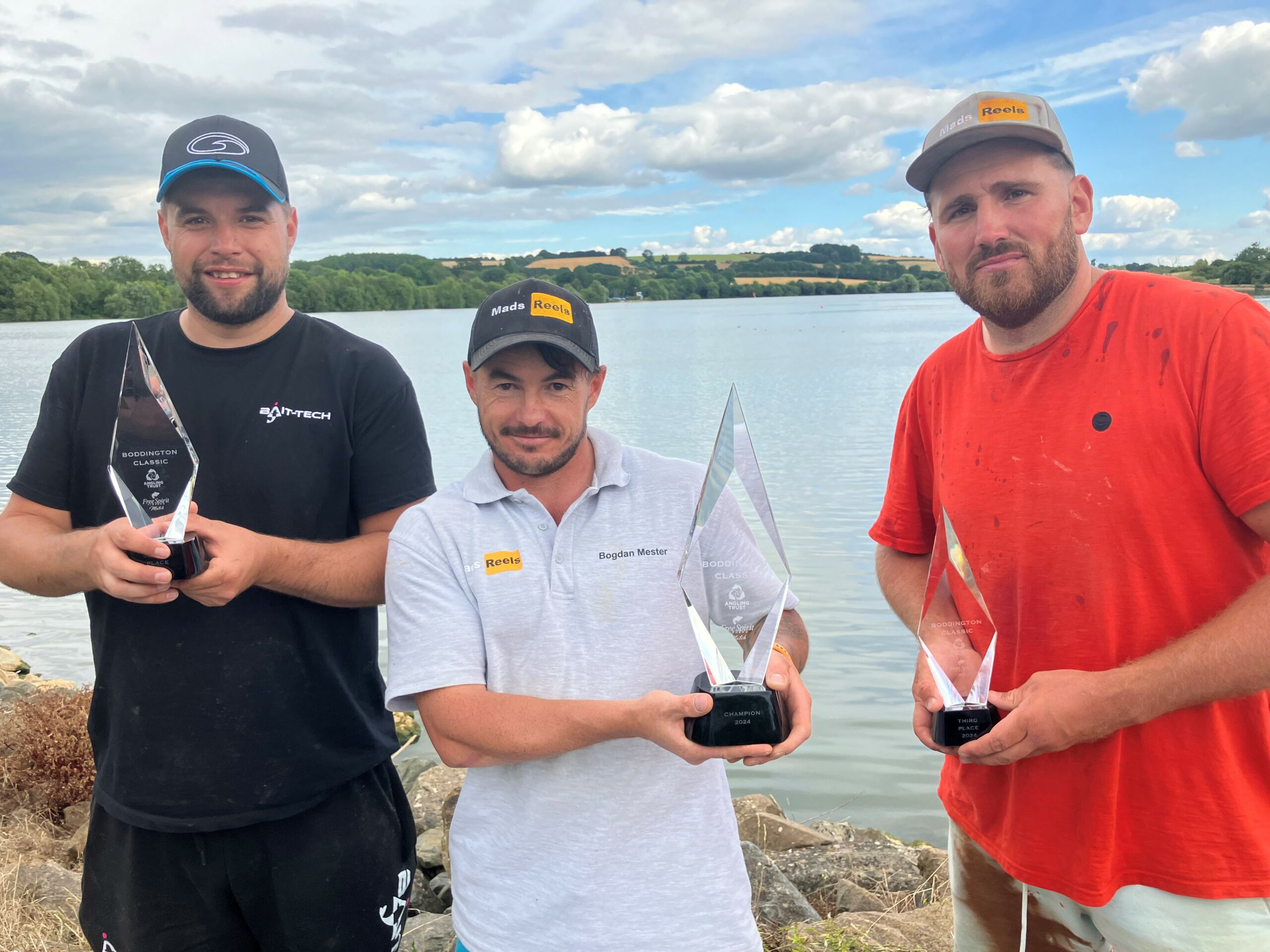
MESTER THE MASTER AT FREE SPIRIT MATCH BODDINGTON CLASSIC…
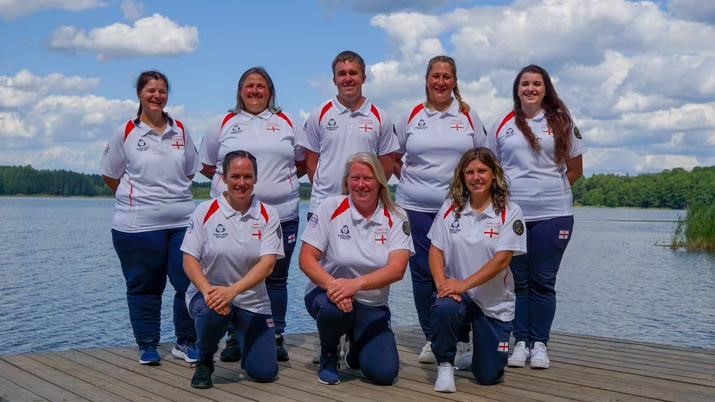
ENGLAND LADIES CARP TEAM MISS MEDAL ON TOUGH LATVIAN…

Angling Trust urges government to go further and faster…
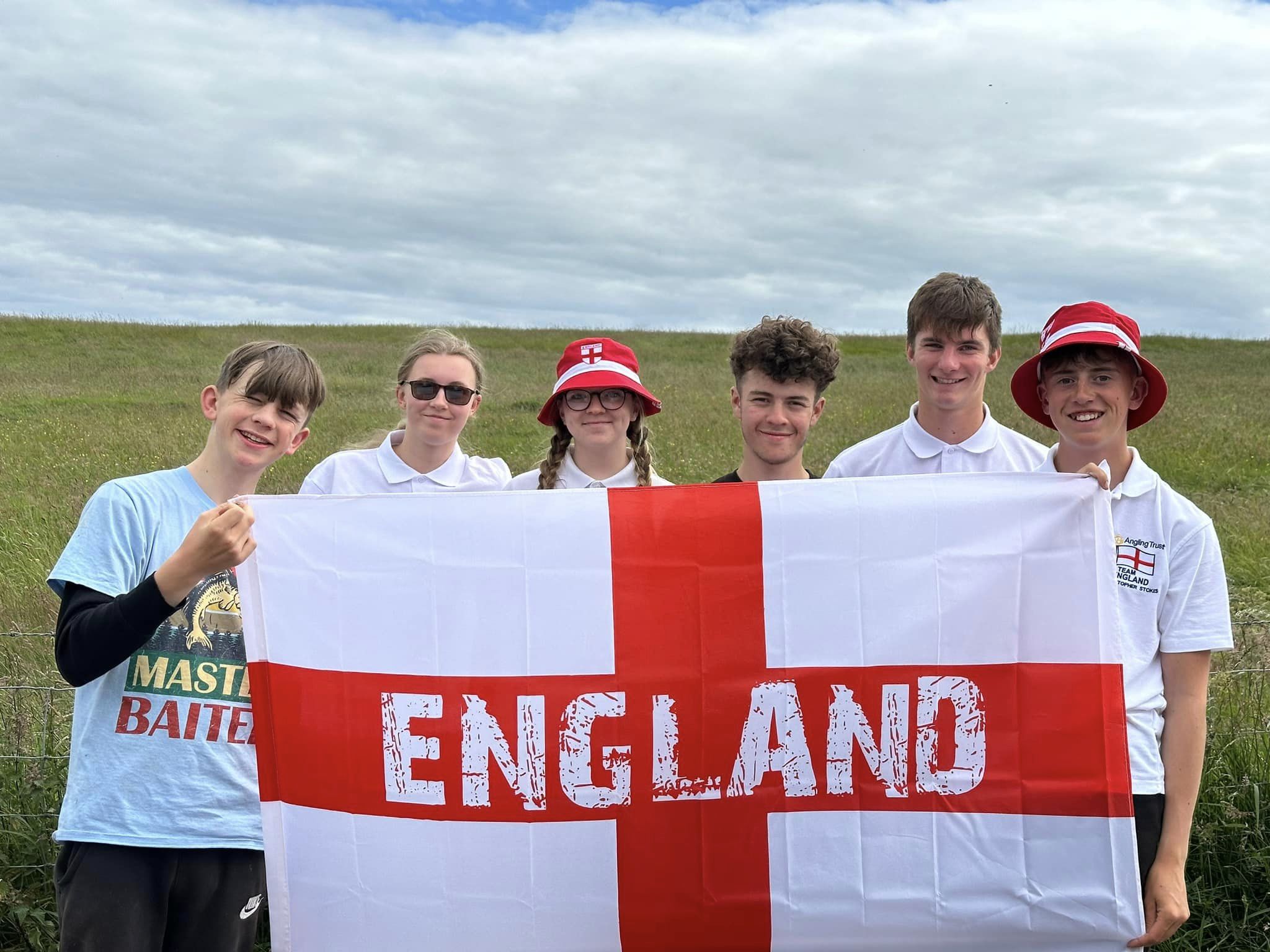
ENGLAND YOUNG GUNS LEAD THE WAY IN HOME NATIONS…

AMAZING ENGLAND COMEBACK SECURES EURO CHAMPS BRONZE
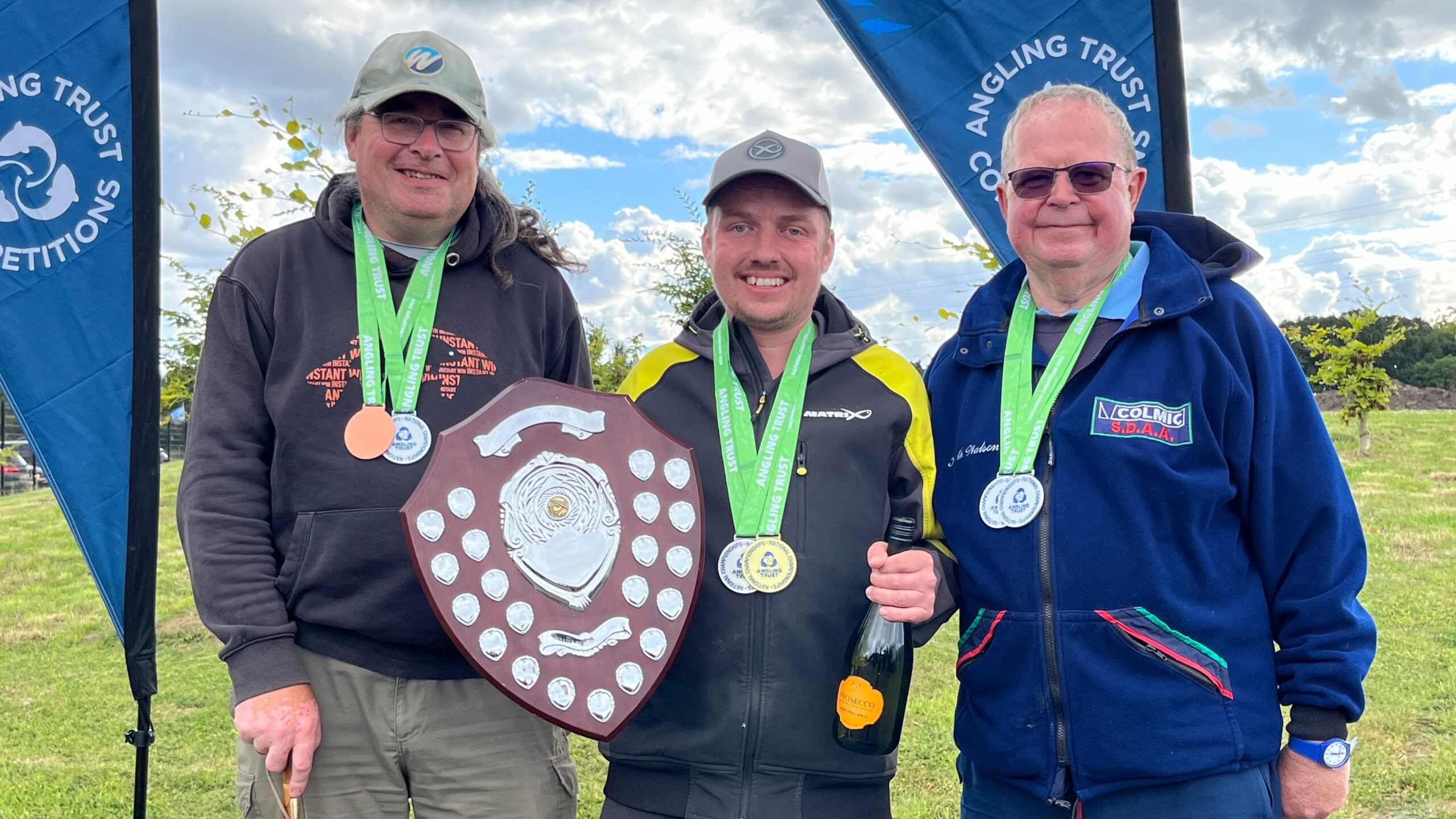
ELLIOT BAGS THIRD NATIONAL WIN AT MARSTON!
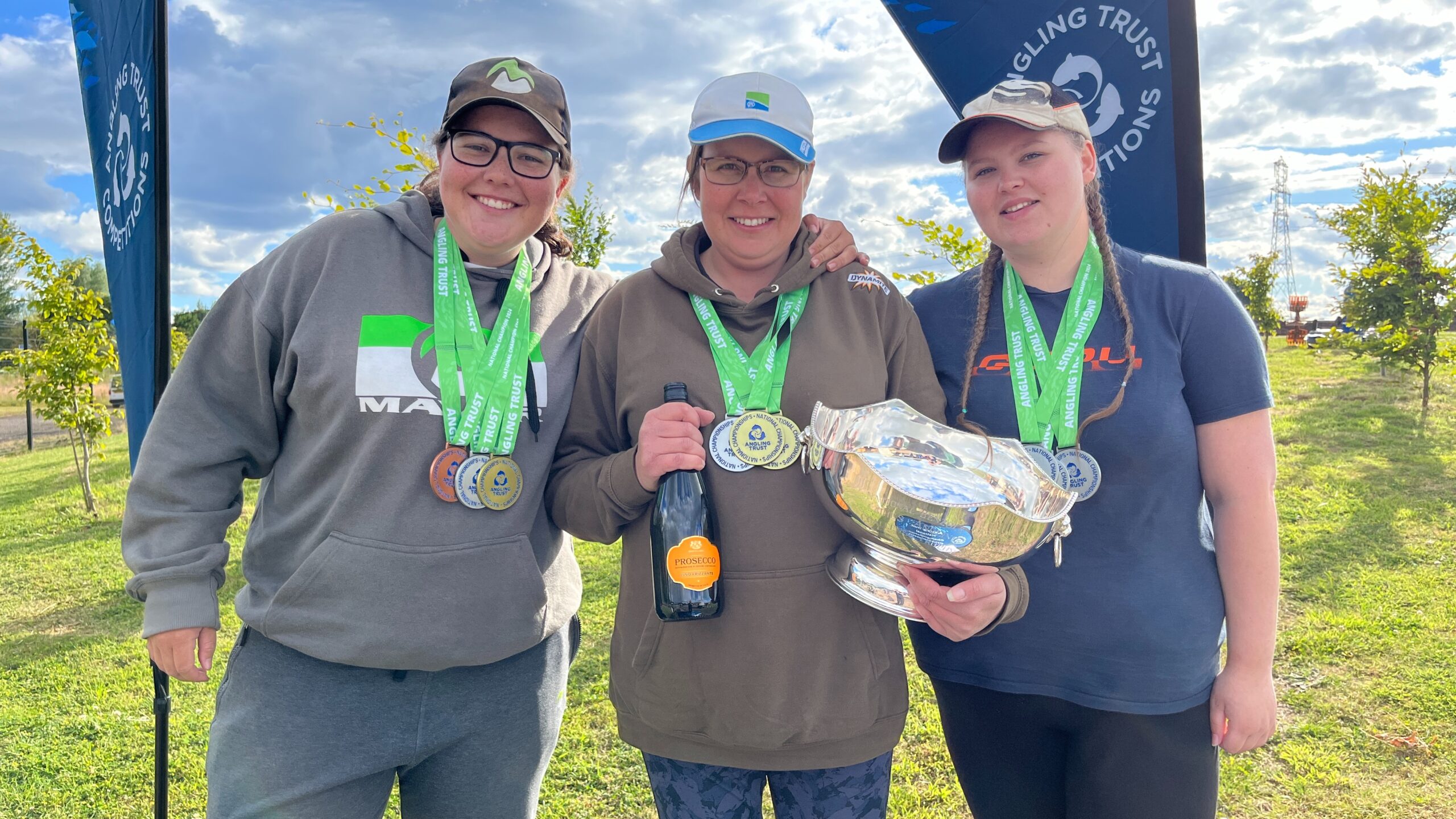
PATIENT APPROACH WIN WOMEN’S NATIONAL FOR LEANNE!
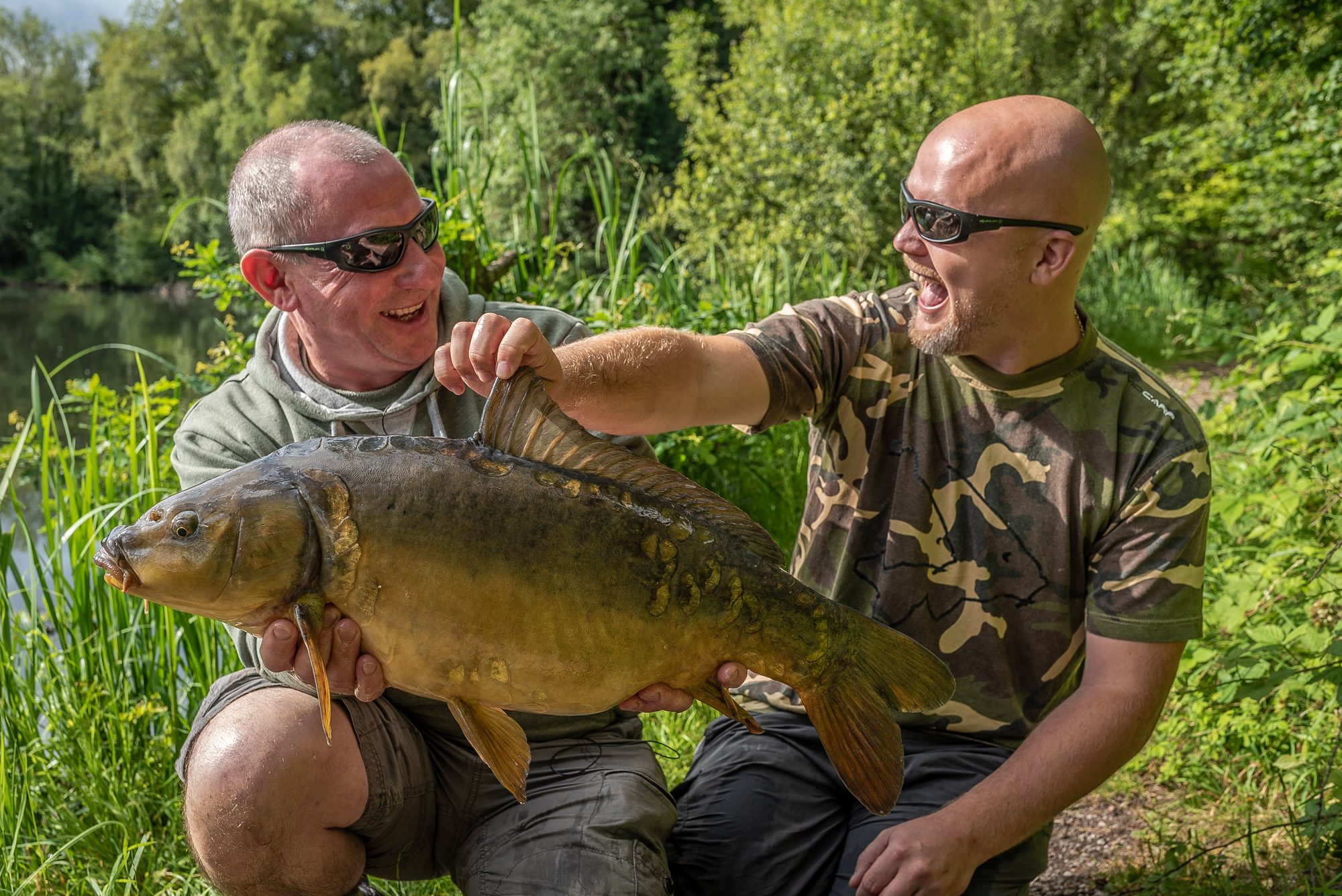
Take a Friend Fishing
27th July to 1st September…









